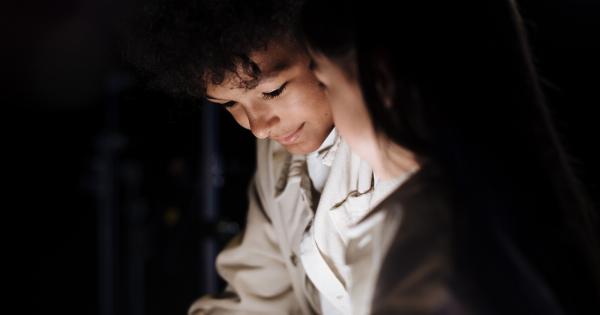Shopping has long been associated with feelings of joy and excitement. Many people find pleasure in browsing through stores, trying on new clothes, or exploring the latest gadgets.
But what is it about shopping that brings us happiness? In this article, we will take a deep dive into the studies that have examined the connection between shopping and joy, shedding light on the underlying reasons behind this phenomenon.
Understanding the Psychology of Shopping
Shopping is more than just a simple act of purchasing goods or services. It often involves a complex interaction between our thoughts, feelings, and behaviors.
Psychologists have explored the psychological aspects of shopping extensively, trying to understand why it can evoke such strong emotions.
The Role of Dopamine
One key player in the experience of joy while shopping is dopamine, a neurotransmitter associated with pleasure and reward.
Research has shown that the anticipation of buying something we desire increases dopamine levels in the brain, leading to a sense of excitement and joy.
A study conducted by neuroscientists at Stanford University found that when people were shown images of products they desired, their brains released dopamine, similar to the way the brain reacts to other pleasurable activities, such as eating delicious food or engaging in enjoyable hobbies.
The Power of Retail Therapy
Another factor contributing to the connection between shopping and joy is the concept of retail therapy. Retail therapy refers to the idea that shopping can provide a temporary mood boost and a sense of well-being when we are feeling down or stressed.
A study published in the Journal of Consumer Psychology found that individuals who engaged in shopping after experiencing a negative mood reported a significant increase in positive emotions.
The act of shopping served as a form of self-care and distraction, helping to alleviate negative feelings and boost mood.
Emotional Gratification and Self-Expression
Shopping can also provide emotional gratification and serve as a means of self-expression. The things we buy often reflect our personal style, values, and identity.
When we find items that resonate with us, it can create a sense of fulfillment and satisfaction.
Research conducted by psychologists at the University of Michigan found that consumers felt a boost in positive emotions when they purchased products that aligned with their self-identity.
For example, someone who values eco-friendly practices may experience joy when buying sustainable products.
The Joy of Anticipation
Part of the joy of shopping comes from the anticipation and excitement leading up to the actual purchase.
Studies have found that people experience a peak in positive emotions before buying something, with the anticipation often outweighing the pleasure derived from the actual possession of the item.
A study published in the Journal of Experimental Psychology: General revealed that individuals experienced greater happiness when looking forward to a future purchase than when reflecting on a past purchase.
The act of imagining and envisioning how a new item will enhance their life brings about feelings of excitement and joy.
The Influence of Social Comparison
Social comparison plays a significant role in the joy we derive from shopping. When we see others with desirable possessions, we may be motivated to obtain those items ourselves.
This desire for social comparison and status can contribute to the feelings of joy associated with shopping.
Research conducted by psychologists at Harvard Business School found that individuals experienced greater happiness from purchasing luxury items when they believed others would recognize and admire their possessions.
The joy derived from shopping can stem from the potential social status and validation brought about by owning certain items.
The Dark Side: Impulsive Buying and Materialism
While shopping can bring joy, it is essential to acknowledge the potential negative consequences of excessive and impulsive buying behaviors.
Materialism, or the pursuit of possessions and status, has been linked to decreased well-being and increased feelings of anxiety and depression.
Studies have found that individuals who place a high value on materialistic goals tend to experience lower levels of life satisfaction, as the joy derived from possessions is often short-lived.
Impulsive buying, driven by the immediate pleasure of acquisition, can lead to financial stress and feelings of regret.
Conclusion
Shopping can indeed bring joy, with several psychological factors contributing to this connection.
The power of dopamine, the therapeutic nature of retail therapy, the emotional gratification and self-expression, the joy of anticipation, and the influence of social comparison all play a role in the positive emotions we experience while shopping.
However, it is important to approach shopping mindfully and be aware of the potential pitfalls of excessive materialism and impulsive buying.
By understanding the underlying psychology, we can make more informed choices and seek the long-term fulfillment and happiness that goes beyond the fleeting joy of acquiring possessions.





























